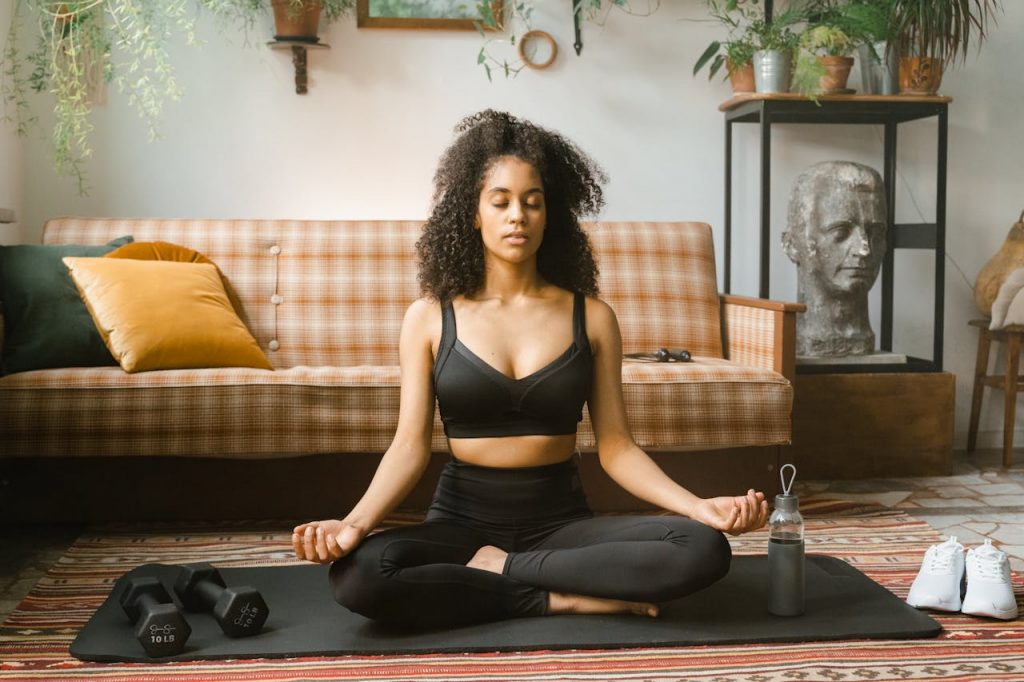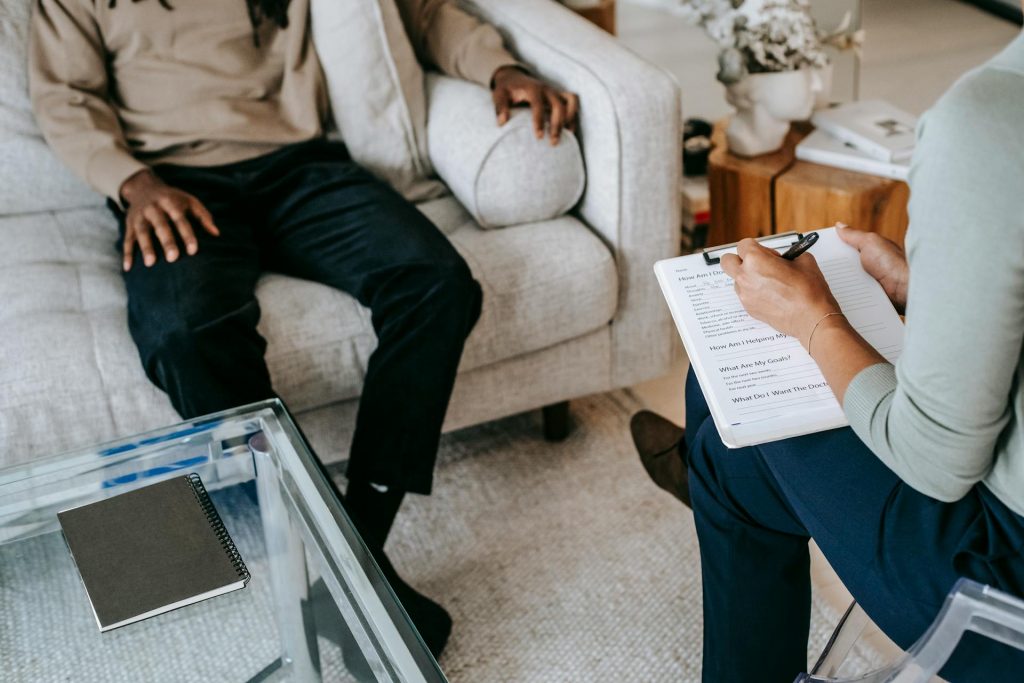Wellness Resources
We are here for you and want to make sure that you have all the tools you need on your Path to Wellness. The links provided for you here include trusted mental health partners as well as other local and national agencies that provide mental health and emotional resources you may need on your journey to mental health & wellness.
PLEASE NOTE: Emergency Services are NOT AVAILABLE through this website.
Suicide Lifeline: Dial 988

Mental Health Support
If you are a veteran, consider using the Veterans Crisis Line.
Call 988, then press “1.” You can also text 838255 or chat online. The Veterans Crisis Line is a 24-hour, confidential resource that connects veterans with a trained responder. The service is available to all veterans and those who support them, even if they are not registered with the VA or enrolled in VA healthcare. Learn more: Veterans Crisis Line
Substance Abuse and Mental Health Services Association (SAMHSA)’s National Helpline is a free, confidential, 24/7, 365-day-a-year treatment referral and information service (in English and Spanish) for individuals and families facing mental and/or substance use disorders. 1-800-662-HELP (4357)
Finding a Therapist
- Figure out what you need help with
- Assess your financial resources
- Do some searching – and understand credentials
- Assess if they’re a fit for you, personally and culturally
- Reach out, and persist
- Interview a prospective therapist
- Try at least three to five sessions

Stress Management Tips
Breathing exercises don’t have to take a lot of time out of your day. It’s about setting aside time to pay attention to your breathing. Below is a simple way to stay focused on the present and soothe any stress and tension in your body.
- Sit in a comfortable position with your hands in your lap and your feet on the floor. You can also lay down.
- Close your eyes.
- Imagine yourself in a relaxing place. It can be on the beach, in a beautiful field of grass, or anywhere that gives you a peaceful feeling.
- Slowly take deep breaths in and out.
- Do this for 5 to 10 minutes at a time.
Exercise is one of the best strategies for combating stress, and it can also improve other aspects of your health. Persistent stress over time can increase your risk for several chronic diseases, including heart disease, diabetes, and obesity. In contrast, exercising regularly can help reduce your stress levels, improve your health, and reduce the risk of chronic diseases. According to research, as little as 20 to 30 minutes of cardio can help you feel less stressed.
Eating a regular, well-balanced diet will help you feel better in general. It may also help control your moods.
There are foods that can amplify anxiety such as caffeine, alcohol and artificial sweeteners. However, there are also foods that help tamp it down, so make sure to embrace these in your diet.
- High Fiber Foods: oatmeal, nuts, beans, fruits and vegetables
- Nutrient-dense snacks: granola with yogurt, almonds and pretzels, carrots with hummus or a cheese stick with fruit
- Omega-3 Fatty Acids: These can help fight against inflammation in the body, which is a stress response. Some examples include: nuts, flax and chia seeds, soy products, and fish.
Sleep & Relaxation Tips
Why is Sleep Important?
Sleep is a critical biological process, and the truth is that it’s always important. Sleep is essential because of its wide-ranging benefits for physical and mental health. In spite of the daunting challenges, there are a handful of steps that can promote better sleep.
If these efforts don’t pay off immediately, don’t give up. It can take time to stabilize your sleep, and you may find that you need to adapt these suggestions to best fit your specific situation.
Sleep-specific aspects of your daily schedule should include:
- Wake-Up Time: Set your alarm, bypass the snooze button, and have a fixed time to get every day started.
- Wind-Down Time: This is an important time to relax and get ready for bed. It can involve things like light reading, stretching, and meditating along with preparations for bed like putting on pajamas and brushing your teeth. Given the stressors of life, it’s wise to give yourself extra wind-down time each night.
- Bedtime: Pick a consistent time to actually turn out the lights and try to fall asleep.
In addition to time spent sleeping and getting ready for bed, it can be helpful to incorporate steady routines to provide time cues throughout the day, including:
- Showering and getting dressed even if you aren’t leaving the house.
- Eating meals at the same time each day.
- Blocking off specific time periods for work and exercise.
Sleep experts emphasize the importance of creating an association in your mind between your bed and sleep. For this reason, they recommend that sleep and sex be the only activities that take place in your bed.
This means that working-from-home shouldn’t be working-from-bed. It also means avoiding bringing a laptop into bed to watch a movie or series.
On any given night, if you find that you’re having a hard time sleeping, don’t spend more than 20 minutes tossing and turning. Instead, get out of bed and do something relaxing in very low light, and then head back to bed to try to fall asleep.
Frequently changing your sheets, fluffing your pillows, and making your bed can keep your bed feeling fresh, creating a comfortable and inviting setting to doze off. If you’ve been considering refreshing your bedroom setup with a brand new mattress, sheets, or anything other sleep products that need an upgrade, now might be the time to consider doing so.
Exposure to light plays a crucial role in helping our bodies regulate sleep in a healthy way. As you deal with disruptions to daily life, you may need to take steps so that light-based cues have a positive effect on your circadian rhythm.
- If you can, spend some time outside in natural light. Even if the sun isn’t shining brightly, natural light still has positive effects on circadian rhythm. Many people find outdoor time is most beneficial in the morning, and as an added bonus, it’s an opportunity to get fresh air.
- As much as possible, open windows and blinds to let light into your home during the day.
- Be mindful of screen time. The blue light produced by electronic devices, such as mobile phones, tablets, and computers, has been found to interfere with the body’s natural sleep-promoting processes. As much as possible, avoid using these devices for an hour before bed. You can also use device settings or special apps that reduce or filter blue light.
If you’re home all day, you may be tempted to take more naps. While a short power nap early in the afternoon can be useful to some people, it’s best to avoid long naps or naps later in the day that can hinder nighttime sleep.
Physical activity can help you sleep better in a variety of ways. First, it increases the production of melatonin, a hormone that regulates sleep-wake cycles. As a result, physical activity can assist in falling asleep faster and sleeping better. Second, physical activity reduces stress, which is a typical impediment to falling and staying asleep. Third, physical activity improves mood, leading to increased enthusiasm for physical exercise and a positive feedback loop.
It was shown that active people had higher levels of positive affect and tranquility during exercise and lower levels of negative affect and tiredness. Finally, physical activity helps to regulate body temperature, which is necessary for falling asleep, as an increase in body temperature during physical activity aids the eventual drop 30-90 minutes post-exercises, facilitating easier sleepiness.
Finding ways to relax can be a potent tool in improving your sleep. Deep breathing, stretching, yoga, mindfulness meditation, calming music, and quiet reading are just a few examples of relaxation techniques that you can build into your routines. If you’re not sure where to get started, check out smartphone apps like Headspace and Calm that have programs designed for people new to meditation.
Another relaxation strategy is to avoid becoming overwhelmed by the news. For example, you can try techniques including:
- Bookmarking one or two trusted news sites and visiting them only during a limited, pre-set amount of time each day.
- Cutting down the total time that you spend scrolling on social media. If you want a hand in this effort, a number of apps can monitor and even block your time on social media sites or apps each day.
- Scheduling phone or video calls with friends and family.
Keeping a healthy diet can promote good sleep. In particular, be cautious with the intake of alcohol and caffeine, especially later in the day, as both can disrupt the quantity and quality of your sleep.
If you have severe or worsening sleep or other health problems, it is advisable to be in touch with your doctor. Many doctors are increasing availability via email or telemedicine to allow patients to discuss concerns without having to physically visit their office.
Domestic Violence Assistance
National Domestic Violence Hotline
Everyone deserves a healthy relationship. Call or visit their website to receive help, create a safety plan and more.
Hours: 24/7. Languages: English, Spanish and 200+ through interpretation service Learn more
800-799-7233
Search the directory for local resources in your city.